MH17 shot down by BUK missile from over war-torn Ukraine: Dutch probe
 |
| Dutch Safety Board Chairman Tjibbe Joustra speaks in front of the wrecked cockpit of the Malaysia Airlines flight MH17 exhibited during a presentation of the final report on the cause of the its crash at the Gilze Rijen airbase Oct 13, 2015. (Photo: AFP/Emmanuel Dunand) |
GILZE-RIJEN, Netherlands: Air crash investigators concluded on Tuesday (Oct 13) that Malaysia Airlines flight MH17 was shot down by a missile fired from rebel-held eastern Ukraine last year, killing all 298 people on board.
Even though the Dutch-led inquiry did not say who pulled the trigger, Russian officials were already disputing the findings set to further degrade strained ties between Moscow and the West."
Flight MH17 crashed as a result of the detonation of a warhead outside the airplane against the left-hand side of the cockpit," the chairman of the Dutch Safety Board, Tjibbe Joustra, told a press conference.
"This warhead fits the kind of missile that is installed in the BUK surface-to-air missile system."
While he insisted investigators had not pinned down the exact location of the missile's launch site, maps shown to reporters clearly showed the area near Donetsk held by pro-Russian separatists.
The board was not empowered to address questions of responsibility.
The much-anticipated report also said it was possible that some on board the Boeing 777 en route from Amsterdam to Kuala Lumpur may have been conscious during the 90 seconds it took to crash on July 17 last year.
"The wreckage was spread over several sites" near the villages of Grabove, Rozsypne and Ptropavlivka, most of which were in rebel territory, the Dutch report said.
The inquiry has marked out a 320 square kilometre (120 square mile) area in eastern Ukraine from which the missile must have been fired to cause the amount of damage. But it did not specify whether it came from an area under the control of pro-Russian separatists battling Ukrainian forces.
Joustra said the inquiry had not pinned down the exact location of the missile launch site, saying that would take further investigation.
But earlier the respected Volkskrant daily said sources close to the investigation had pointed to it being fired by pro-Russian rebels.
"The BUK missile is developed and made in Russia," one source told the daily. "It can be assumed that the rebels would not be able to operate such a device. I suspect the involvement of former Russian military officials."
160 PLANES IN THE SKY
Joustra also hit out at the Ukrainian authorities for allowing civil aircraft to continue to fly above the eastern part of the country despite the raging conflict between Kiev's forces and pro-Russian separatist insurgents.
On the day that MH17 was blown out of the skies, some 160 commercial flights overflew the area, the inquiry said.
"We have concluded as a precaution there was sufficient reason for the Ukrainian authorities to close the air space above the eastern part of their country," Joustra said.
The board also found that the 61 airlines that had continued flying there should have recognised the potential danger. It recommended international aviation rules be changed to force operators to be more transparent about their choice of routes.
Relatives earlier emerged visibly shaken after being privately briefed by Joustra in an conference centre in The Hague about the fate of the Boeing 777 which was en route from Amsterdam to Kuala Lumpur when it went down on July 17 last year.
Relative Robby Oehlers said a wave of sadness had swept through the room. "They showed us the fragments that were inside the plane," Oehlers said, adding in the room "it was so quiet, you could have heard a pin drop."
BUK MAKER DISPUTES FINDINGS
The findings were swiftly disputed by the missile maker Almaz-Antey, which has carried out its own tests into the crash.
State-controlled Almaz-Antey, the maker of BUK missiles, showed videos of a BUK missile being exploded close to the nose of a decommissioned Ilyushin plane.
The experiment, it said, disproved claims the missile was shot down from Snizhne, a village controlled by pro-Russian rebels.
Instead they said the passenger jet seems to have been shot down from territory disputed by insurgents and Ukrainian troops, and by an outdated version of the BUK missile that is no longer in use by the Russian military.
"The results of the experiment completely dispute the conclusions of the Dutch commission about the type of the rocket and the launch site," said Yan Novikov, director of Almaz-Antey, which has been put under Western sanctions.
The firm's glitzy presentation - which saw reams of slides projected on a giant screen - was carried live by Russia's state-run media. It is expected to form a central plank of Moscow's rebuttal to the report from the international inquiry.
"Today we can definitively say that if the Boeing was shot down by a BUK missile system then it was hit by a 9M38 from the area of Zaroshchenske village," company official Mikhail Malyshevsky said.
This older missile is banned from use by Russian military as its expiration date passed in 2011, the company said.
The firm in July suggested the missile could have been the 9M38M1 model, which is a later version of the weapon.
But tests now proved that the earlier type was used, it said on Tuesday.
Other theories floated by Russia over the past year included usage of an air-to-air rocket, possibly Israeli-made, launched by a Ukrainian plane.
Russian Deputy Foreign Minister Sergei Ryabkov labelled the Dutch findings as "biased".
"It's a source of regret that, despite all Russia's repeated and lengthy attempts to organise the investigation in such a way that it is comprehensive and unbiased, and for it to consider all the information we have ... there is an obvious attempt to draw a biased conclusion, and carry out political orders," Ryabkov was quoted as saying Russian news agencies.
PASSENGERS FELT NOTHING
Ukrainian Prime Minister Arseniy Yatsenyuk meanwhile blamed Russia's security service.
"I personally have no doubt that this was a planned operation of the Russian special services aimed at downing a civilian aircraft," Yatsenyuk told a televised cabinet meeting.
The report focuses on four areas including "the cause of the crash", the issue of "flying over conflict areas" and why Dutch relatives waited two to four days before receiving confirmation that their loved ones were on board.
The Dutch Safety Board, which led the international team of investigators, has made 11 recommendations in the report, and insisted that countries in conflict must improve efforts to protect civilian aircraft.
But it has stressed its mandate was not to determine who pulled the trigger, amid a separate criminal probe by Dutch prosecutors.
The international team of prosecutors said it had identified "persons of interest", and that their independent findings so far "point in that same direction." The statement by the Dutch-led team did not identify any suspects by name.
Relatives were shown an animated reconstruction of the explosion and Oehlers said investigators believed their loved ones had had no idea they were about to die.
The haunting question had been one of the key focuses of the investigation. "They told us there was a zero per cent chance that the people inside felt anything or had any notion of what was happening," Oehlers said.
Reporters at the air base were also shown a partial reconstruction of the doomed plane, made from pieces of wreckage brought back from the crash site.
"Even if the report doesn't name those responsible, it will still allow us to close some doors, to have some answers," said Pierre Chardom, a Belgian who lost his 51-year-old brother Benoit in the crash.
Malaysia Airlines (MAS), in a statement released on Tuesday, thanked the investigation team for their “detailed and exhaustive report which involved significant man hours and resources”, adding that it was grateful for the support from the Dutch government.
MAS said it welcomes the publication of the report and hopes that it would give clarity to the affected families. MAS also assured all next-of-kin that it would continue to cooperate with the authorities on all matters pertaining to the loss of flight MH17, and that its “support to the families will remain until all issues are completed”.
"As part of the (Joint Investigation Team), Malaysia remains single-minded in our pursuit of decisive action that will lead to prosecution of the trigger-happy criminals," added Malaysian Transport Minister Liow Tiong Lai.
What the stars mean:
★ Poor ★ ★ Promising ★★★ Good ★★★★ Very good ★★★★★ Exceptional
Latest News
More News
- Malaysian official urges collective efforts in plastic waste fight (April 23, 2024 | 12:27)
- Canada, ASEAN consolidate climate change response, economic cooperation (April 23, 2024 | 12:01)
- Thailand urged to increase proportion of renewable power generation (April 23, 2024 | 11:53)
- World Health Summit Regional Meeting opens (April 22, 2024 | 10:38)
- Vietnam to have many opportunities from digitalisation, green transformation: IMF (April 19, 2024 | 17:45)
- Malaysia sets up clean energy exchange (April 16, 2024 | 16:59)
- Indonesia issues dengue fever warning to Bali tourists (April 16, 2024 | 16:53)
- Trade facilitation ahead with ASEAN-India deal upgrade (April 15, 2024 | 17:00)
- ASEAN strength to be built on with trade reforms (April 15, 2024 | 14:58)
- Malaysian airlines to charge carbon levy soon (April 15, 2024 | 09:21)



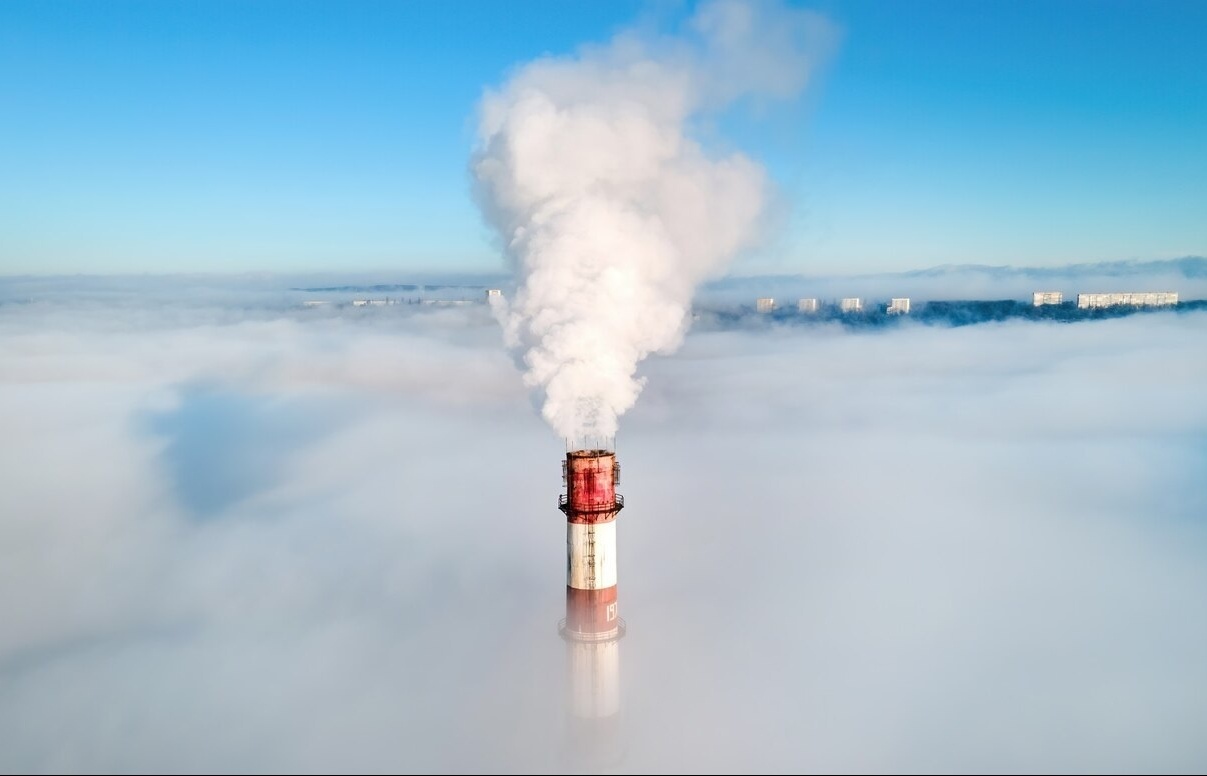
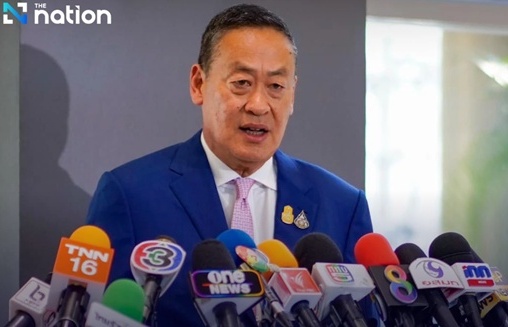

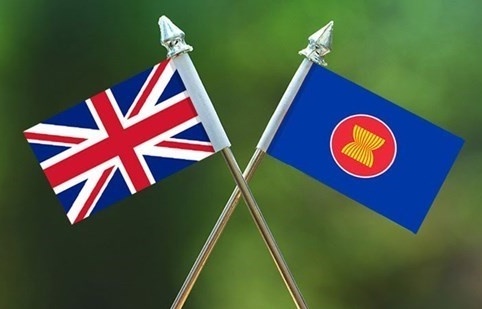

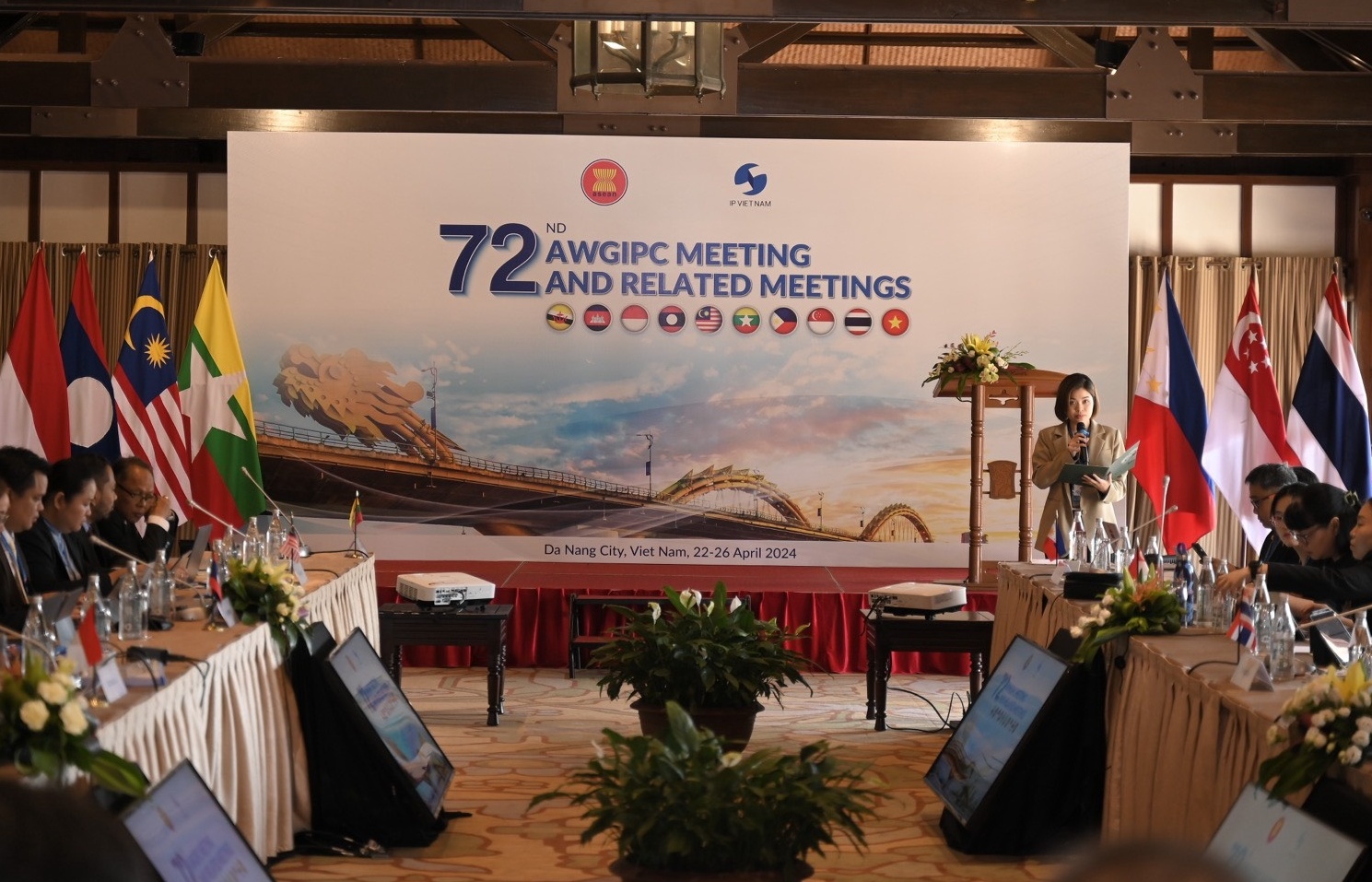





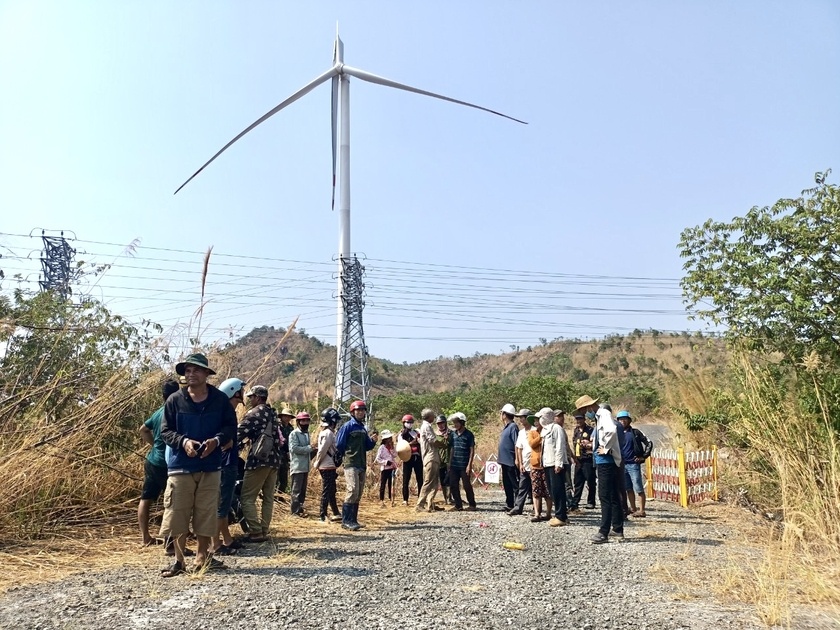



 Mobile Version
Mobile Version